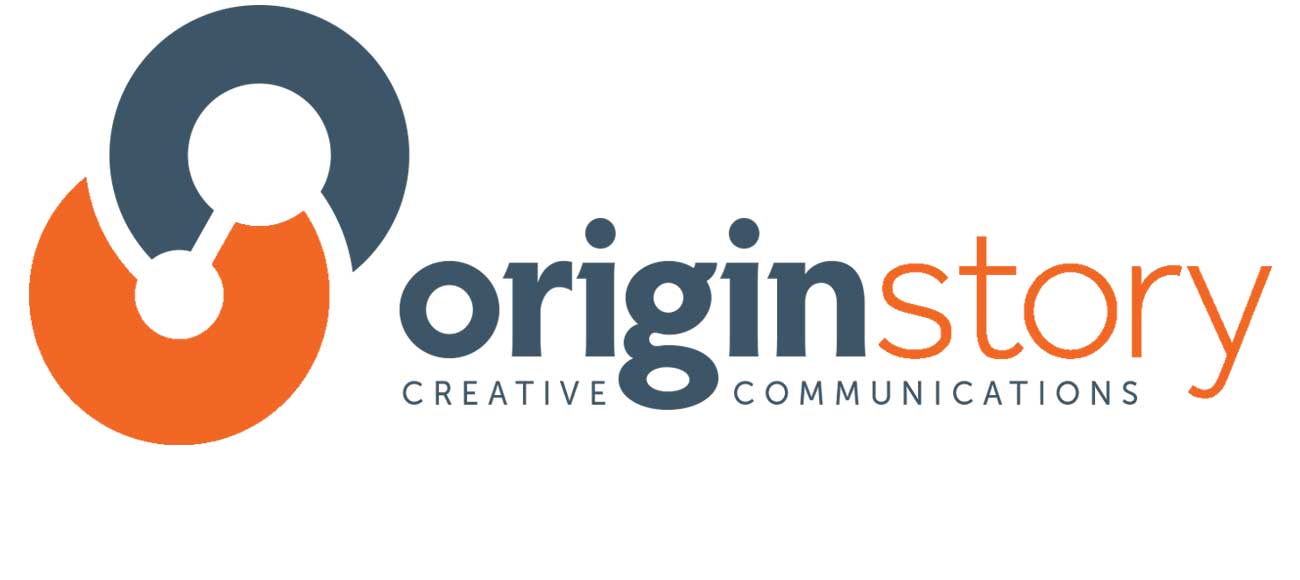Communicate Better With Freelancers: Part 1
/Working with freelancers is a crucial part of the video business. In fact, Origin Story’s entire pool of talent is freelance based. It’s how we’re able to collaborate with the best people. As Creative Director, I assess what we’ll need to get a job done, then reach out and hire the people I think are best suited for that project.
In Part 1, I’m sharing my best practices for getting the most creative output and building good relationships when you hire freelancers.
Be Honest and Nice
Treating your freelancers well means they’ll have a positive experience working for you, and that will translate creatively into your project. When you’re hiring a freelancer, tell them exactly what you’re hiring them to do. If you don’t have all the answers to their questions, tell them you don’t know and try to get those questions answered. I see so many people make something up just so they can seem like they have all the answers. It’s OK not to know everything, and a freelancer will appreciate your honesty.
It’s pretty simple: Be honest and upfront with freelancers and give great customer service. You’ll waste a lot of unnecessary time and money if you don’t, not to mention earning a bad reputation in an industry that’s really not that big.
Ask For Their Input
One of my biggest pet peeves in this business is when assumptions are made without consulting the talent that’s actually going to be “pushing the buttons.” It’s been a cornerstone of Origin Story from day one to talk to my freelancers before a job starts. I even consult certain freelancers when writing proposals and bidding on projects so that I can give accurate costs.
My point is that no one knows everything. You must admit you don’t know everything to be successful. There are LOTS of unknowns and special circumstances when producing video. If you aren’t sure about something, ask the freelancer you intend to hire for their input before the job starts. They might have the answer you’re looking for or know someone who does.
Not sure how many hours that animation is going to take? Ask your motion graphics artist. Wondering what lighting kit is best for your shoot? Ask your gaffer. Listen to your DP as to why he’s recommending two cameras instead of just one. Make informed decisions. Guessing can lead to all kinds of problems down the road, like cost overruns.
Give Them What They Need
When you hire a freelancer, especially in post-production, there might be the temptation to say, “here’s the footage, go!” Bad idea. Freelancers will be faster and more efficient if you take the time to confirm what they’ll need and gather those materials before they start.
For example, let’s say you’ve hired an editor to work on cutting some interviews and associated broll. Did you…
- Give them a script/outline?
- Highlight transcripts?
- Organize footage or tell them where all the footage is?
- Provide the tech specs?
- Give parameters for graphics and collect any logos or other assets?
- Download the VO files?
- Tell them where they can search for music or stock?
Doing all of those things ahead of time can save hours, even days, on a project. You’ve probably been working with the content longer than they have, so set aside some time before your freelancers come on-board to give them what they need to do their job. They’ll be happier and you’ll get a better product.
Expect Changes & Be Flexible
Making videos is a very fluid process and often the project scope, creative direction, or deadlines shift during production. Clearly communicating those changes to your freelancers will help to mitigate deadline crunches that lead to tension, cost overruns, and a damaged business relationship.
It’s always better to break bad news early than sit on for a few days. When I run into problems during production, I talk with my freelancers about possible solutions that work best for them. It’s my job to then see how those solutions stack up against client demands. They don’t always match up, but I’ve found that setting the expectation early that changes may be in store helps deal with problems when they pop up.
Whether it’s operating a camera on set or sitting at the edit system putting everything together, the freelancers you hire will be physically doing the work. You need to do everything in your power to create the conditions where they can be successful.
Treat Them Well
It’s all about trust. Building and maintaining business relationships with freelancers requires a serious commitment. These are the people you want to work on your projects, so how you treat them reflects you and you company’s culture.
Not every relationship is going to be perfect all the time, but being honest and open about your projects is the best way to strengthen working relationships. If you don’t take them for granted, freelancers will always want to work for you.
Check back soon for Part 2 where I share my thoughts on handling on the business side of hiring freelancers.

